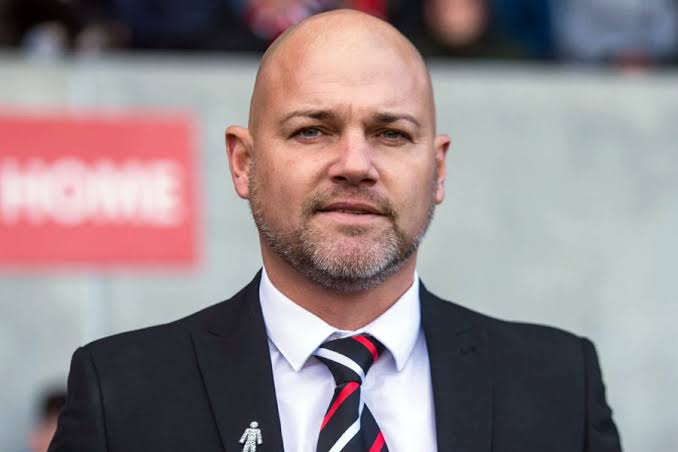On 11 September 2024, FC United of Manchester announced the departure of Neil Reynolds as first-team manager following a 1-1 draw against Warrington Rylands. The club’s board decided to part ways with Reynolds after six years at the helm, citing the need for a change to improve performances and results. While the news marks the end of an era, it also brought forward an emotional response from Reynolds, who shared his regrets in a recent interview.
Reflecting on his tenure, Reynolds admitted he could have done more to guide the club to greater success. “Being sacked is a humbling experience,” he said. “It forces you to reflect on what you could have done differently. Looking back, I realize there were moments where I should have given more—more time, more energy, and a greater commitment to the club’s vision and goals.”
Reynolds highlighted leadership challenges and acknowledged areas where he felt he fell short. “Leadership isn’t just about tactics or strategy; it’s about building trust, fostering unity, and creating resilience, especially during tough times. I regret not doing enough to bring everyone together when it was most needed. There were opportunities to step up, to push harder, and to show the players and supporters that I was fully invested in turning things around. I didn’t always seize those opportunities, and that weighs on me now.”
Despite his regrets, Reynolds expressed gratitude for the opportunity to manage the club and reflected on the memorable moments of his tenure. “I will always cherish the time I spent here and the people I worked with. This club means so much to me, and it’s painful to leave under these circumstances. My only hope is that my departure allows the team to find a new path forward.”
FC United also thanked Reynolds for his dedication and the contributions he made over the years. Assistant manager Mike Faulkner, who is also leaving the club, was similarly recognized for his efforts. Both men received the club’s best wishes for their future endeavors.
The board emphasized its commitment to improvement and expressed gratitude to co-owners and supporters for their continued loyalty during this transitional period.
Reynolds’s departure, while marked by regret, serves as a reminder of the challenges and lessons of leadership. As he moves forward, his reflections offer valuable insights into the complexities of managing a football club and the weight of responsibility that comes with it.
